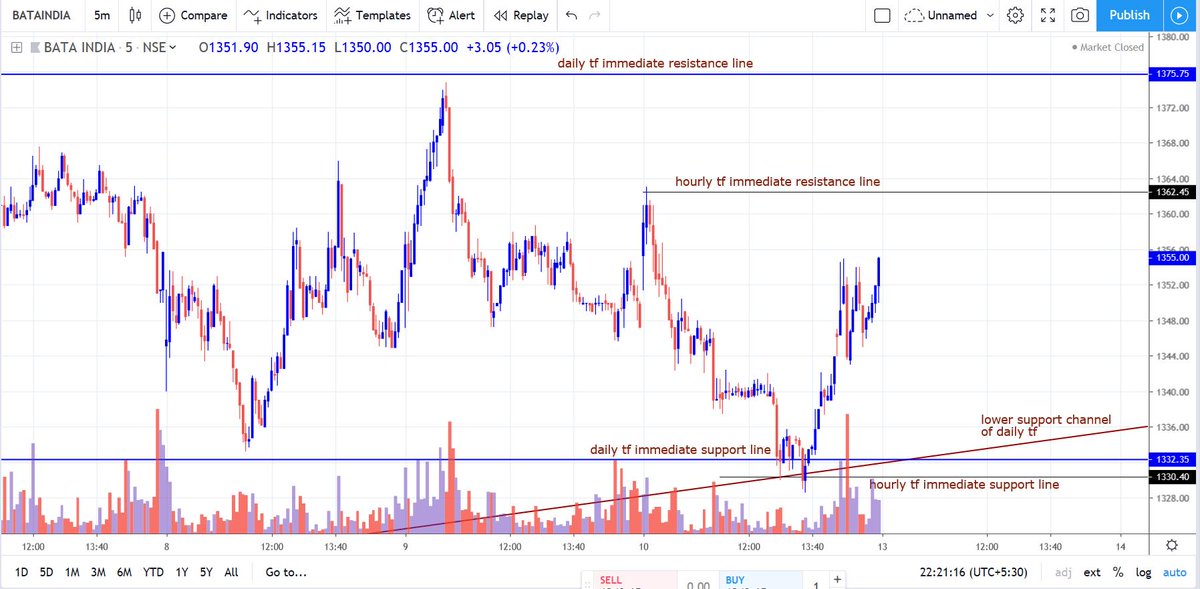I'm a trader, yet I advise to others (& myself) to invest the majority of their capital. Re-read this point and only then proceed forward.
I'll cover all 4 pillars needed for success. However, the main focus will be risk management (stop loss, win/loss ratio, win rate %, risk of ruin & other probabilities).
In particular with trading, a game of survival and capital longevity, without persistence for success — your chances close to zero!
Many other great investors mentioned similar advice in a plethora of interviews record over the years.
They are Psychology, Risk Management & Trading Edge.
Give it a read before continuing.
Therefore they have NO PROBLEM being transparent, disclosing trades, past performance & admitting (frequently & regularly) that they were wrong.
Most traders are master losers, but more on this later.
Consistently profitable traders believe in their win rate %, their win/loss ratio & their stop losses. They are NOT about predicting Oil supplies, what ECB's Draghi's...
They hold zero respect for fundamentals, long macro debates, in-depth academic papers or newsletters.
When they are down 9 trades in the row, they look at themselves in the mirror and say: "You're much better than this. Rule of probability states your positive streak is around the corner."
Self-discipline comes through building streaks of ONLY good habits, following my plan & rules, journal daily and monitor in case I slip.
That is where you can let go of your emotions eating you inside, losing streaks, entry mistakes, losses you made last week & fears of currently profitable trades turning into losses.
Regardless of how bad I'm doing, after a meditation session, I'm back to 100% emotional control with every new trade I take.
This is probably the No 1 focus a beginning trader needs to master. Risk management for me falls into two sections: 1.) capital preservation & 2.) probability theory.
You need to do some heavy reading on how much to risk on trades. Will you risk 1%, 2%, 5%, or even more?
As a beginning trader, your win rate is probably 45% or lower — meaning you win less than 5 out of every 10.
You are better of preventing this problem, then reacting to it.
It isn't your win rate that matters as much as winning big & losing small. That will get you to profitability. Your discipline and emotional control will help maintain that run, and turn it into consistency.
Look at the tables above & put it all together. You let the wins run while risking small amounts & cutting losses with discipline.
Here are some stats: having a 3X payoff ratio (win to loss) with only a 25% accuracy (win rate %) can still mean you break even.
Keeping it all the same, if you refine your edge to 30% — you become profitable. Above 45%, VERY profitable!
Their accuracy could be awful on the outside, but they are multi-millionaires!
My accuracy (win rate %) is currently 52% for 2019 but has been as high as 60% when I was ONLY trading.
Today, I'm mainly an investor in real estate & diversified portfolios.
In May, Trump's tweet caught me (& many others off guard). I suffered a larger than normal loss (lack of discipline) but still recovered.
The mindset, the risk management, probability of outcomes, refining your edge, self-discipline and having the persistence to do it — day in, day out —will result in success!
















